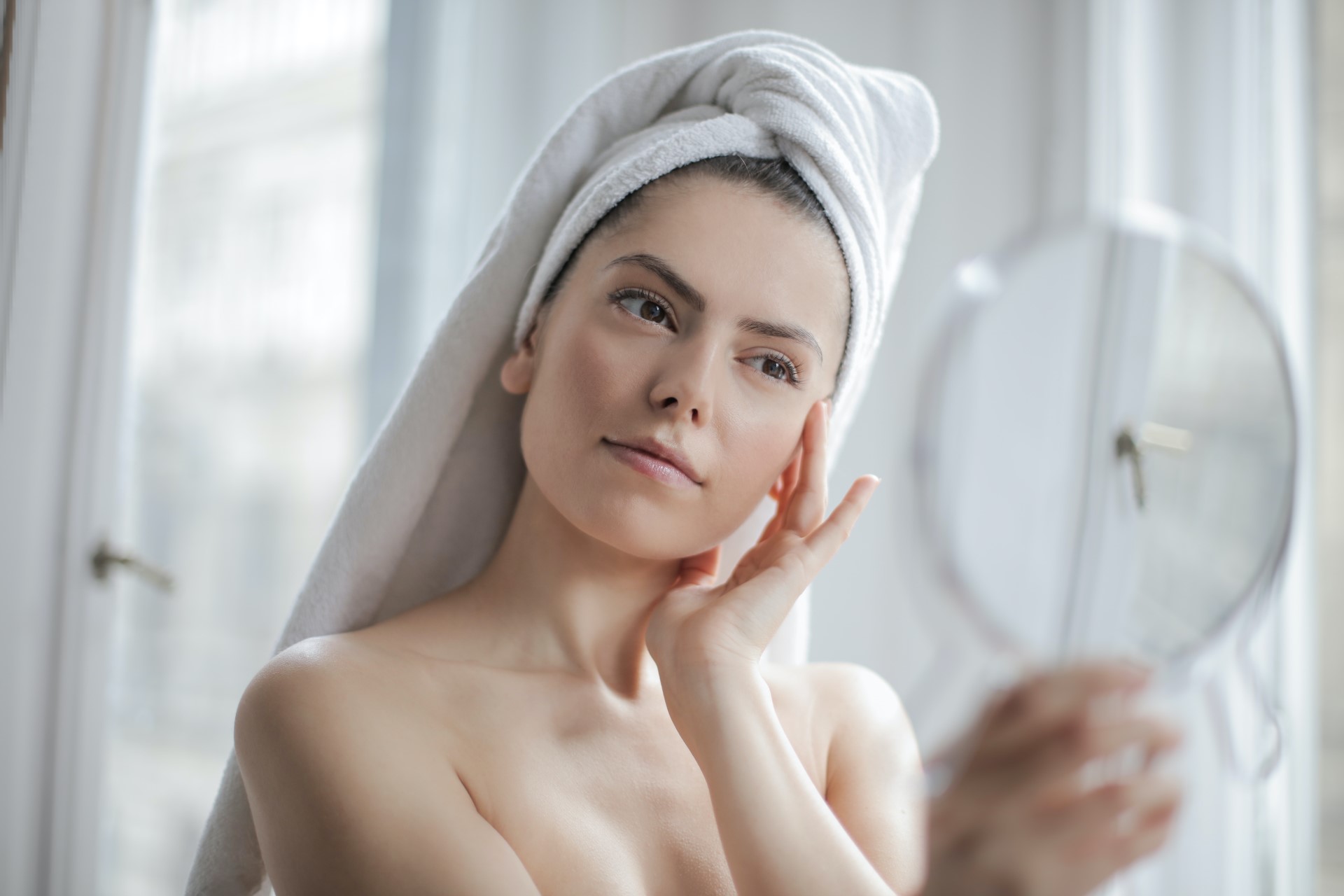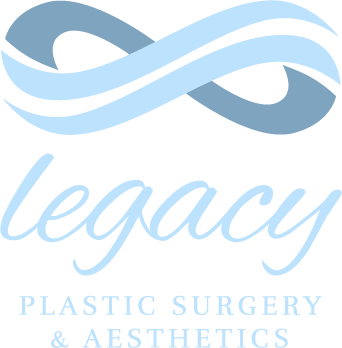Struggling with acne is no fun, and dealing with acne scars isn’t either!
If you’ve tried over-the-counter methods to clear up your acne or heal your acne scars to no avail, a clinical treatment could help.
Acne – What It Is and the Causes
Acne is an extremely common skin condition that affects just about everyone at some point in their lives. Acne flare-ups happen when hair follicles under your skin become clogged.
Sebum is oil in your skin that keeps it from drying out. When sebum, dead skin cells, and other forms of debris plug the pores (the opening of the follicles), acne occurs in the form of lesions.
Types of Acne Lesions
Acne lesions are more commonly known as pimples or zits, but doctors categorize acne lesions into many different types.
Whiteheads appear when clogged hair follicles stay beneath the skin. These produce a white bump, hence the name.
Blackheads happen when the plugged follicles actually reach the surface of your skin and open up. They look black because the sebum has become oxidized, which changes its color.
Papules are inflamed lesions that are usually small and pink. They appear as little bumps on the skin and are sometimes tender.
Pimples emerge when the papules are topped by pus-filled lesions, which are usually white or yellow.
Nodules are large and usually painful. These lesions are lodged deep within your skin.
Finally, cystic acne refers to deep, pus-filled lesions which are painful.
The type of acne you have will help determine the most effective treatment method for your skin.
Causes of Acne
Since everyone has hair follicles, pores, and sebaceous glands, why do some people get acne while others don’t?
Doctors know that the following three elements lead to the development of acne:
- Growth of bacteria within your pores
- Buildup of dead skin cells in your pores
- Excessive sebum production in your pores
There are also a variety of elements that can increase your risk for developing acne, including:
- Hormones
- Genetics
- Medications
- Age
Other elements, like diet, stress, and environmental irritants, can worsen acne, although they do not directly cause it.
Acne Treatments
There are a variety of acne treatments, from topical creams to oral medications.
While these are excellent and well-studied options for treating acne, they do not heal scars left by acne. Acne scars can last for several months or even years.
For acne scars, acne treatments like microneedling and chemical peels from Legacy Plastic Surgery & Aesthetics are your best options.
Microneedling Acne Treatments
Microneedling is a procedure that helps even your skin’s tone and texture by helping your skin create more collagen.
What Is Microneedling?
During a microneedling procedure, we use a small handheld device to glide over your skin. The device contains microneedles that create little punctures in the skin.
These micro-wounds stimulate the production of collagen. The generation of new collagen in your skin helps smooth the appearance of your skin, which fills in scarring and improves texture.
What Types of Acne Scars Can Microneedling Treat?
Microneedling works best on depressed acne scars rather than raised ones.
This is because the production of new collagen helps with the generation of new tissue, which evens the surface of the skin and fills in areas lost to acne in the past.
Acne scars that are raised indicate the presence of excess collagen, so new collagen production will not be as helpful in treating raised acne scars.
Benefits of Microneedling
Microneedling offers several benefits. But as a minimally invasive skin corrective treatment, some of its benefits include:
- Safe for darker skin tones
- No damage to the outer layer of the skin
- Safe for sensitive skin and thin skin
- No downtime following the procedure
When microneedling is combined with proper skin care or added treatments like platelet-rich plasma therapy, the positive effects are increased.
Chemical Peel Acne Treatments
Chemical peels also help improve the appearance of acne scars while reducing the likelihood of future acne breakouts.
What Are Chemical Peels?
Chemical peels are more aggressive than microneedling because they remove the outer layer of the skin.
The new skin that replaces it is typically less scarred in appearance and smoother overall.
These peels are done with different types of chemicals, depending on the type of peel you’re receiving and its potency.
Benefits of Chemical Peels
Chemical peels not only help improve the appearance of acne scars but can also help treat acne.
If you’re experiencing a mild to moderately severe case of acne, chemical peels can be an effective treatment. Additionally, they can be done on more areas of the body that are prone to acne besides just the face.
Although the name of the procedure is chemical “peel,” these treatments do not actually peel off your skin. Instead, the chemicals are used to rapidly exfoliate your skin.
This helps you shed dead skin cells more effectively, which reduces pore blockage and the likelihood of acne.
Just like with microneedling, chemical peels can help stimulate the growth of new epidermal tissue and collagen in your skin.
Chemical peels are also minimally invasive and do not require any downtime.
Which Acne Treatment Is Right for You?
Which acne treatment is right for you will depend on several factors, including your desired results, your skin type, and the timeframe for the procedure.
To learn more about both microneedling and chemical peels, contact our team at Legacy Plastic Surgery & Aesthetics in Exton, PA.
Our experts will evaluate your skin conditions and help you determine which treatment method will be most effective for you.



